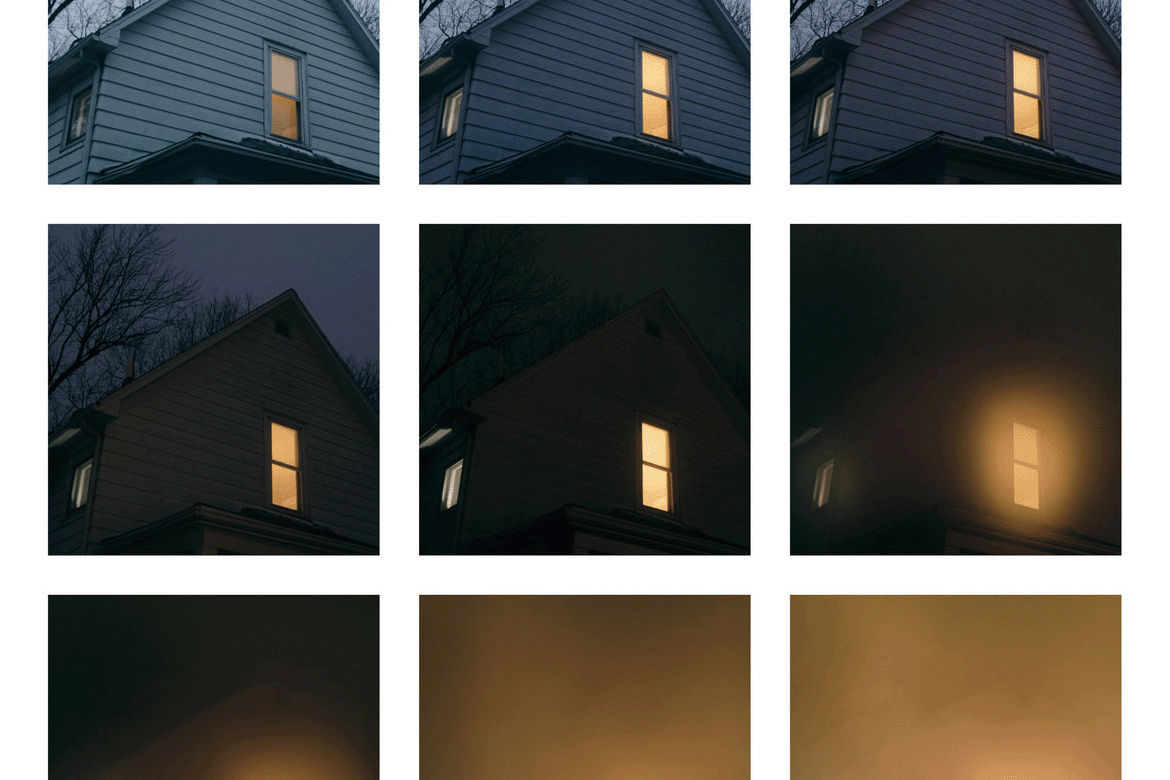“All the who’s are there, but the why’s are unclear.”
American Football’s self-titled LP needs little introduction. Recorded in just four days by Illinois university students, the record permanently shifted the landscape of emo music and is seen as a progenitor of the midwest scene. American Football (Covers), however, demonstrates that their influence was not limited purely to the relatively niche genre of emo, and instead features an array of singer-songwriters and bands, from current face of alternate-pop Ethel Cain to current Tortoise member John McEntire.
Firstly is the matter of the remastered original LP. Generally, the record feels a lot cleaner, with Steve Lamos’s drumming sounding delightfully crisp, and intertwining guitar parts a great deal more distinct from one another. Additionally, the guitar tones are noticeably thicker, with additional bass, while retaining the iconic “twinkle” that has now become a staple of midwestern emo. Mike Kinsella’s vocals on the other hand, remain largely untouched, and, if anything, seem quieter in the mix. Although unlikely that these changes are dramatic enough to shift anyone’s opinion on American Football, the fuller sound of the remaster is a clear sonic improvement to an already excellent album.
American Football (Covers) begins with Iron and Wine’s stripped-back rendition of emo anthem “Never Meant”. The song’s iconic intro riff translates well to acoustic guitar, maintaining the nostalgic longing of the original track. Sam Beam’s falsetto vocals, which carry an appropriate sense of heartbreak, channel the restrained agony of Kinsella’s voice on the original release. The same can be said of Sabrina Teitelbaum’s vocal efforts on Blondeshell’s “The Summer Ends.” Which, while initially underwhelming instrumentally, builds to a cathartic crescendo heavier than the original record, drawing from Blondshell’s alternative rock roots. Product of frequent collaborators Novo Amor and Lorswimmer, “Honestly?” is a rich duet notable for its use of a single piano for the majority of its runtime. In place of LP1’s harsh distortion, an orchestral accompaniment is brought in, creating a much more subdued tone.
A standout track is Ethel Cain’s lush, dream pop-inspired “For Sure.” Across its nearly ten minute runtime (six full minutes longer than its American Football counterpart), it builds an ethereal canvas of droning synths, fluctuating in intensity until Cain’s haunted vocals come in, to a backing of strings, before soaring to its conclusion with distorted guitars. Following up is the equally strong “You Know I Should Be Leaving Soon” from modern math rock icon Yvette Young. While the core composition remains intact, Young showcases her classic education through a variety of layered guitar and violin, bringing a new level of depth to the song. Across the entire album, this two-track run contains the only songs I would consider better than the original, and by a significant margin too.
Next, however, comes what may be the record’s first true misstep – Girl Ultra’s “But the Regret Are Killing Me.” The minimalist guitar and dancy drumbeat feel out of place, almost representing the antithesis of American Football’s style, and lacking the emotional impact that defined LP1. (Covers) quickly finds its feet again after this in the form of M.A.G.S’s “I’ll See You When We’re Both Not So Emotional.” Both the fuzzed-out guitar and vocals capture the heartache of the original track, albeit in the indie-rock style of Elliott Mags.
Manchester Orchestra’s rendition of “Stay Home” is incredibly faithful, however, this ultimately ends up working against the track. “Stay Home” remains one of most evocative songs on LP1, and, with the rest of the album featuring such unique and brilliant takes on the music of American Football, I can’t help but feel let down by Manchester Orchestra’s decision to play it straight. While not a bad cover by any means, it pales in comparison to the original, and brings nothing new to the table to compensate. Finally comes the album’s second instrumental, “The One With the Wurlitzer,” from John McEntire. The titular wurlitzer is kept mostly intact, yet the remainder of the songs is interpreted on a 8-bit synth, with a repeating drum loop to match. Albeit not as impressive as Young’s previous instrumental, “The One With the Wurlitzer” stands out due to its unique retro style, and as such is a strong place to end the record.
No two songs on American Football (Covers) sound the same, yet they all share an adoration for the math-rock classic that is LP1, and indulge in its bittersweet melancholy across a variety of genres. For the majority of artists, their style either intrinsically suits the music from American Football, or otherwise has been well adapted to it. Naturally, due to the diversity of the album, each listener will likely resonate with a different number of tracks – such is the beauty of a cover album.
8/10
American Football (Covers) is out this Friday via Polyvinyl Record Co. and can be pre-ordered here.

